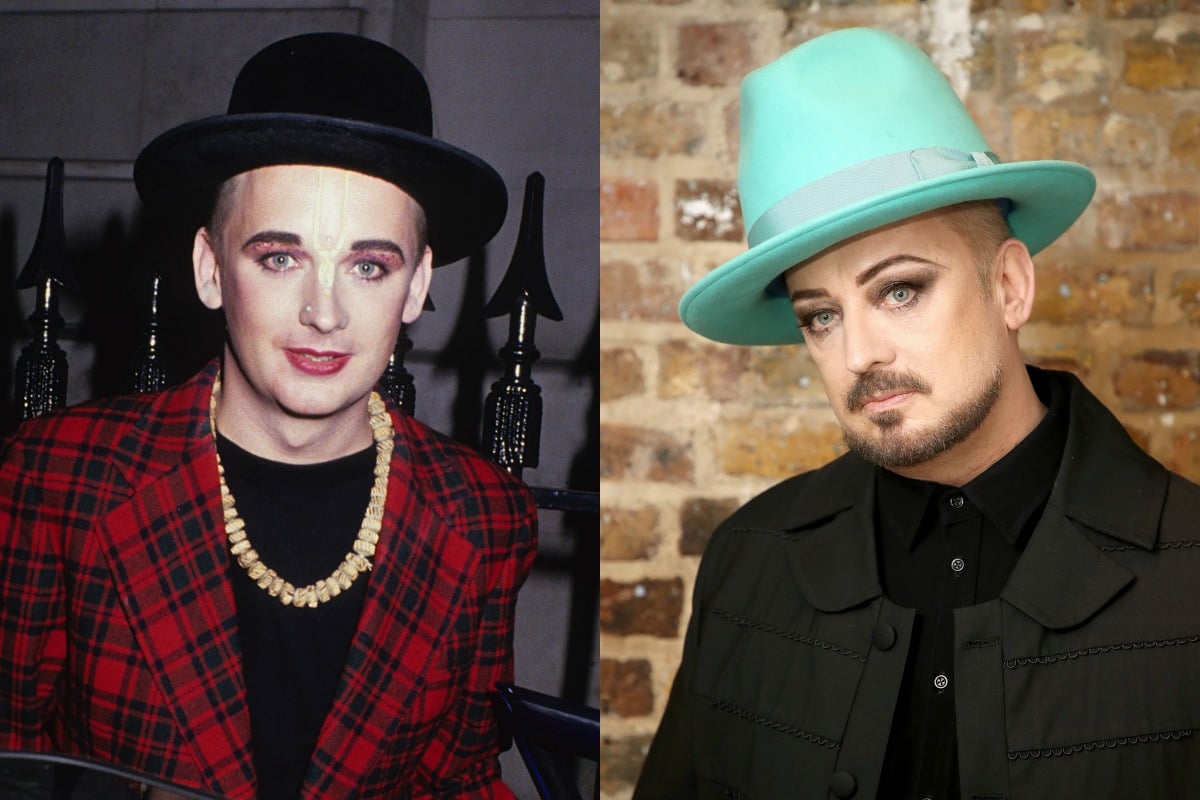
Boy George has graced Australian television screens since 2017 when he became a coach on The Voice Australia.
But before he took a seat on a spinning red chair, George had a turbulent career spanning almost four decades.
The Culture Club singer, now 57, whose real name is George O’Dowd, shot to fame in the early 80s after the band released their debut album Kissing to Be Clever. He received worldwide attention for his flamboyant clothing and makeup, and androgynous appearance.
Culture Club enjoyed success for much of the 80s with number one hits Do You Really Want To Hurt Me? and Karma Chameleon.

Top Comments
"he was forced into handcuffs, dragged across the floor, attached to a large bolt on the wall and beaten"
And because he was a sex worker, no one cared. In fact, everyone is worried about George.
Actually, because he was a gay male sex worker.